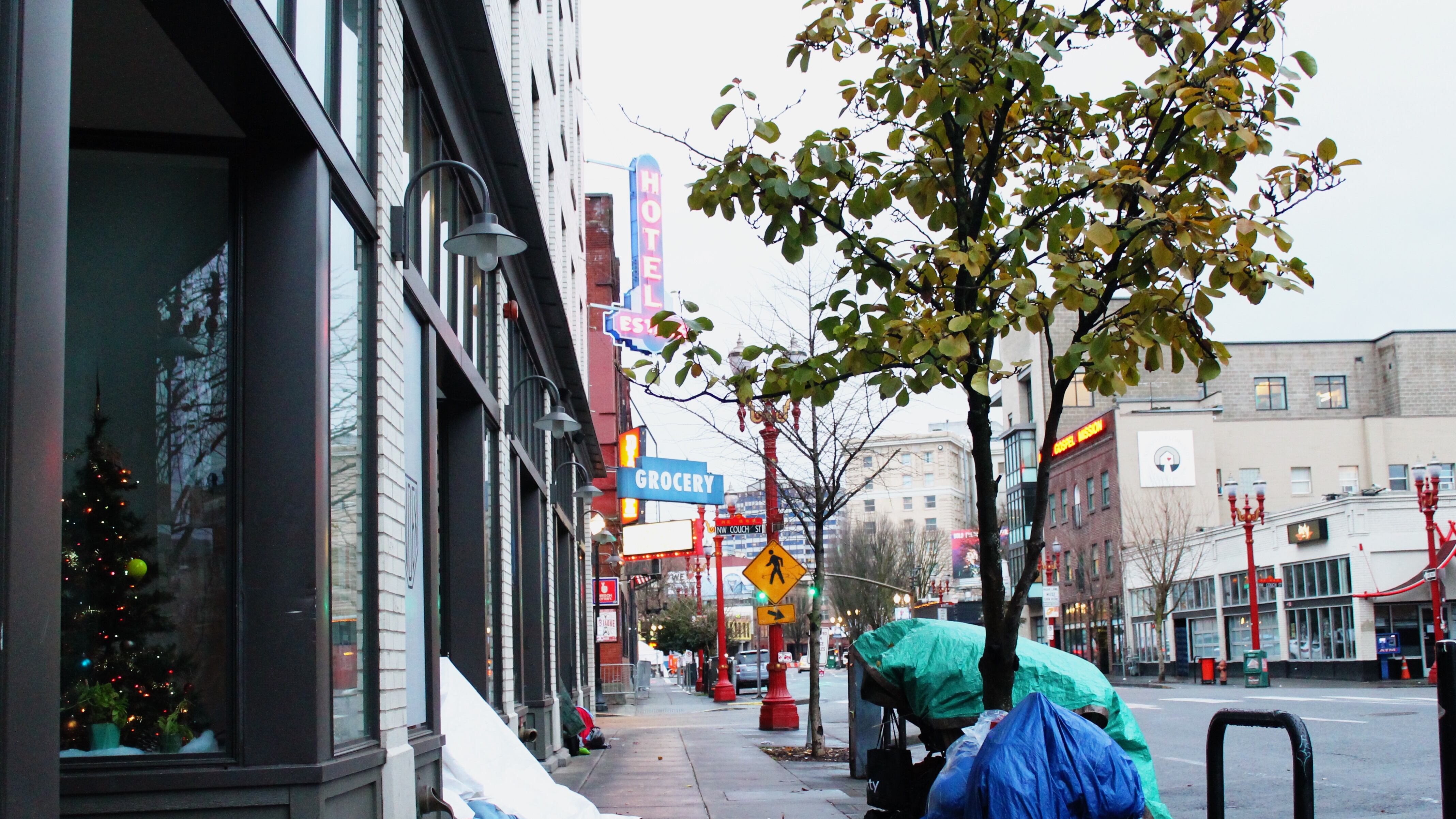A week after supporting the concept for a homeless-services measure, Metro Council president Lynn Peterson and her six fellow Metro councilors are pushing back on pressure for them to refer a measure to the ballot next year.
Metro is at work on referring a transportation measure to the November 2020 ballot, but in a letter to the Here Together coalition—which is the group working to secure funding for homeless services—Peterson and the other council members don't mention the competition with transportation.
Instead, the letter takes a more subtle approach, listing out various other strategies to raise funds for homeless services, including legislative referral and county existing taxing authority.
The letter also says an effort by Metro would require at least nine months to two years, along with $1.3 million, to pull off, meaning it would not go on the November 2020 ballot.
"A complete evaluation of potential avenues for achieving the goals outlined in Here Together's framework, as well as robust community engagement with residents and culturally‐specific community partners, is estimated to require approximately $1.3 million, several full‐time staff members, and a timeline of nine months to two years," the Dec. 10 letter states.
The letter from Metro does list a series of steps the regional government plans to take in the next six months, including analyzing "whether and how homelessness should be declared a 'matter of metropolitan concern' in a way that meets the legal requirements for such a designation."
In a Sept. 30 to Oct. poll, paid for by Metro as part of the transportation measure work, 92 percent of respondents said homelessness was an extremely or very serious problem, above traffic (71 percent) and climate change (63 percent).

